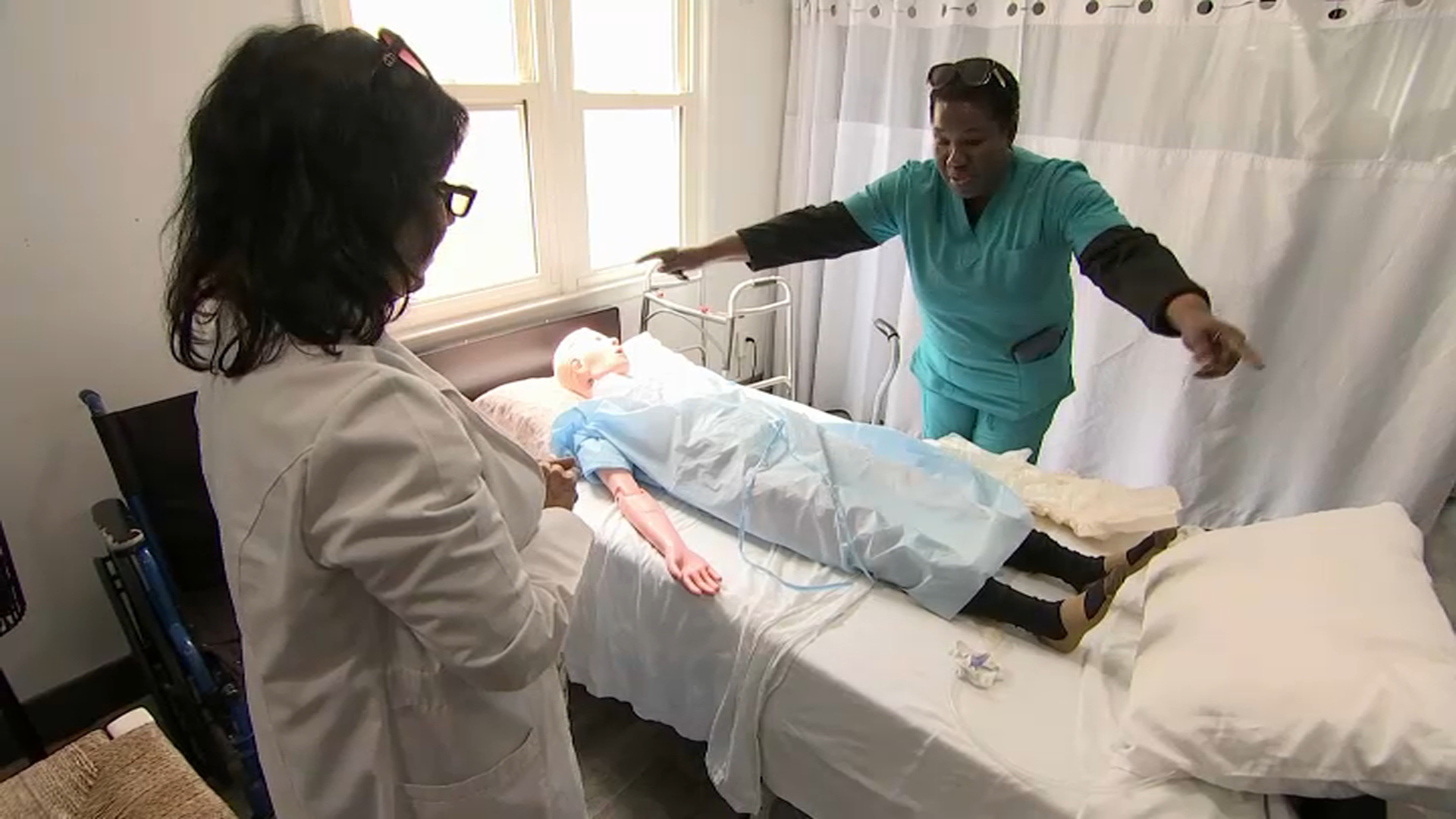What to Know
- Fear of ending one's career is a main reason officers don’t come forward with mental health issues, which the NYPD Commissioner acknowledged
- The NYPD is trying to change the stigma attached with getting help, trying to promote programs that officers can use if they need it
- One program is POPPA, a peer police network that is independent from the department — implying that it is confidential
It’s been four years now, but Gloria Benitez remembers that day so vividly. It was March 10, 2015. She had come home from work and went to look for her son Jose. She discovered him dead in his room, a result of suicide.
“I tried to help him but I think it was too late,” Benitez. “But the way they treated him, it was not right.”
NYPD sergeant Jose Benitez graduated at the top of his police academy class. When he made sergeant, he worked in the Bronx. But the job took its toll on him.
“You could see that some of the things he was experiencing at work were wearing on him,” said his brother Val Martinez.
When Jose sought help with the department psychologist, he was stripped of his badge and gun. A doctor diagnosed him with bi-polar disorder. With medical treatment he improved and went back to work, but not in his old precinct. Jose was sent to the Video Interactive Patrol Enhanced Response unit, better known as VIPER.
“He said that was a place where people that are in trouble go,” said Benitez. “Like he was being punished.”
Local
According to beat cops, VIPER is a notorious place for cops who are under investigation for misconduct. Jose was also working the overnight shift, which messed with his sleep schedule.
“A person who is already suffering from depression and you beat him down even more,” said Benitez, “It doesn’t help.”
The Benitez family is suing the NYPD, accusing it of contributing to Jose’s death.
Fear of ending one's career is the main reason officers don’t come forward, which NYPD Commissioner James O’Neill acknowledged in an interview with News 4’s David Ushery.
“I know there’s a stigma attached to it, but we do our best in the NYPD to offer options where no one needs to know,” O’Neill said.
The death of Sergeant Stephanie Moses is proof of just how difficult it can be to convince cops of that message.
“She had to keep such a profile, always smiling, she wore a hell of a mask,” said Melissa McCoy.
Melissa McCoy, a retired NYPD detective, says her former fiancé never let her suffering show.
Moses was known as the face of the NYPD. She stood with President Obama when he visited Ground Zero and was an officer in the ceremonial unit.
“Like any other cop in the NYPD,” said McCoy. You don’t talk about certain things because it’s a penalty. They take your guns they take your shield and it follows you your whole career.”
About 90 percent of those surveyed by the I-team in a police mental health survey agree. There is a stigma that creates a barrier to getting help, even with outside services.
One such program is POPPA, a peer police network that is independent from the department — implying that it is confidential. On average, they only get 400 calls a year, an unrealistic number for a force of 36,000, according to psychiatrist, Dr. Frank Dowling.
“By the time they finish their career, probably 12 thousand could benefit from talking to a professional.”
Dowling, an advisor to POPPA says police work comes with unique stress — that makes therapy important.
“Every time they kick a door down serving a warrant, even if nothing happens, these exposures might even change a person’s brain physiology,” said Dowling.
NYPD First deputy commissioner Benjamin Tucker is leading the department’s suicide prevention effort. He says they are currently reviewing their policies.
“Are the procedures as they currently exist, a hindrance? Is there anything about this procedure that tells an Officer Tucker, no, I’m not seeking help.”
Tucker says police will also continue to spread the word about confidential services at each precinct and spread the word that it is okay to talk to someone. And the department is considering some procedural changes, that can lessen the stigma of seeking help.
“We take guns and shields,” said Tucker, “But maybe we don’t need to take the shields as a possibility.”
Every time she sees a news story about a cop who takes his own life, Gloria Benitez gets emotional. This year six NYPD officers have committed suicide so far, four of them in a period of three weeks. Benitez thinks about the impact Jose could have had on other officers, if he only had a chance.
“He had many ideas he wanted to implement in the police department,” said Benitez. “He wanted to help other officers with mental health problems.”



